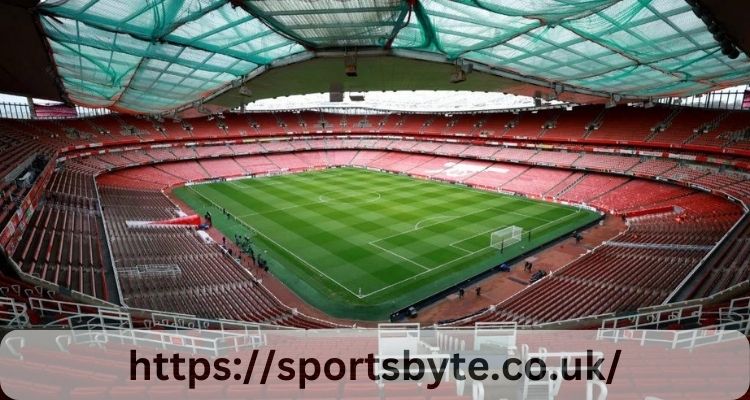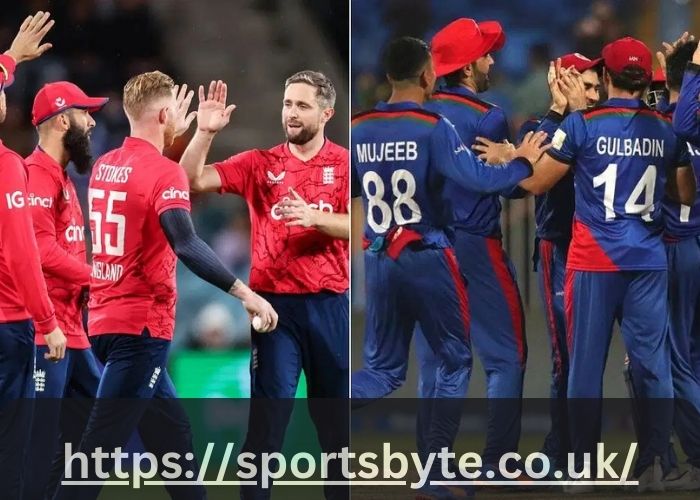Arsenal FC is an iconic club renowned for its global following. Over the past decade, its revenue growth has been impressive thanks to lucrative sponsorship contracts and an aggressive commercial strategy.
While the club reported a loss this year, its underlying figures show a positive trend. Resumption of UEFA competition has provided additional broadcasting and matchday revenues for broadcasting purposes as well as matchday revenues.
The club’s history
Arsenal Football Club is one of the most accomplished clubs in English football history. Since 1992, Arsenal have won 13 top-flight titles and gained an avid following across the world. Additionally, their strong business model and lucrative sponsorship deals has drawn in millions in revenue – reaching PS465 Million this year alone! That figure represents matchday revenues as well as broadcasting and commercial revenue; plus they boast an outstanding record in European competitions.
Royal Arsenal Football Club was formed by workers at Woolwich Arsenal Ordnance Factory in 1886, who held their inaugural match against Eastern Wanderers 6-0 on December 11th of that year. Their name, which originally stood as Dial Square but later changed to Royal Arsenal was inspired by a sundial located within their ordnance factory.
Early years were not easy for the club. Herbert Chapman’s appointment as manager in 1922 brought professionalism and success quickly to the team; soon they began winning titles and trophies and by 1934 had become England’s primary force.
In the late 1980s, Arsenal was considered to be one of the highest-earning clubs worldwide and most popular club in Europe with over six million followers worldwide. Their success stemmed from their effective marketing strategies as well as the devotion of its supporters; additionally their stadium is considered amongst one of the greatest facilities worldwide and regularly draws international visitors.
Arsenal enjoys a longstanding rivalry with another North London club, Tottenham Hotspur. Both sides participate in “North London derby” matches that form an integral part of Premier League season. Arsenal also competes internationally through participation in competitions like Champions League.
Recent years have seen Arsenal struggle to capture the Premier League crown, yet have nonetheless managed to claim other trophies such as FA Cup and Community Shield. Furthermore, Arsenal have invested in facilities and made significant strides toward developing their academy; signing numerous high-profile players. All these achievements have greatly increased revenue at Arsenal while creating opportunities to invest in its future.
The club’s stadium
Arsenal’s home stadium, the Emirates Stadium, is an impressive structure which seats 60,704 people and ranks as one of England’s premier stadiums alongside Old Trafford and Stamford Bridge. Additionally, this massive structure serves as a cultural center with concerts by top artists making this an excellent place to visit when in London and looking to see one of the world’s greatest stadiums.
The Emirates Stadium in North London is a popular tourist attraction and known for its innovative designs and features such as retractable roofs and an underground railway station. Furthermore, this stadium features state-of-the-art technology as well as its distinctive architectural style, creating a contrast of art by giving fans panoramic views of London from its observation deck. Furthermore, home to Arsenal Museum where fans can view artifacts and memorabilia from club history is displayed here as well.
At first, the team was known as Woolwich Arsenal; later changed to reflect the new facility which opened in 1913. Herbert Chapman signed a letter notifying the Registrar of Joint Stock Companies about this change and then later, on May 13, 1915 it officially changed into The Arsenal Football Club Limited.
KSE, headed by American billionaire Stan Kroenke, owns Arsenal FC today. Since 2007, he has become majority shareholder, eventually purchasing Alisher Usmanov’s stake and taking full control. Shortly after Kroenke acquired full control, Arsenal Holdings Limited was registered as a private limited company.
As well as its world-famous home stadium, Arsenal Football Club also boasts numerous training facilities in London. Furthermore, community outreach programs involving youth development initiatives, charity matches and educational workshops help to engage local communities while having a positive impact on lives.
The club’s finances
Arsenal’s latest consolidated results reveal that, although the club reported an overall loss, there are signs of improvement if non-recurring expenses related to player sales and loans are removed from calculations. Furthermore, European football return and increased revenue streams contribute significantly towards this improvement.
Arsenal’s record revenues of PS465 million demonstrate their strong business model and successful commercial strategies. Broadcasting revenues rose by PS45 million due to strong Premier League performances and global broadcast deals; commercial revenues also saw significant increases, thanks to new sponsorship agreements and enhanced merchandising efforts; matchday revenues also hit an all-time high at PS103 million, reflecting both fan engagement at Emirates Stadium as well as strong broadcast revenues.
Notably, Arsenal’s 2022-23 financial results do not account for the impact of Champions League competition. Their return will undoubtedly boost broadcasting and matchday income next season while their academy is producing more first team players such as Bukayo Saka, Emile Smith Rowe and Eddie Nketiah who have had difficulty breaking into their team.
However, their debt levels remain relatively high due to paying players in instalments rather than up front and taking advantage of various “football finance institutions” offering loans to clubs. Furthermore, the club uses an overdraft facility.
However, it should be noted that Arsenal owes most of its debts to KSE, the investment vehicle of owner Stan Kroenke. Even so, their overall underlying debts remain significantly lower than other Premier League clubs due to many debts held by private investors, giving Arsenal more chance of repaying these obligations.
The club’s community engagement
Arsenal is known for its commitment to its local communities since it was established by munitions workers in Woolwich in 1819 as a club for everyone, continuing this legacy today with the Arsenal Foundation providing sports and social-emotional support to young people in north London. Furthermore, this club encourages diversity and inclusion both on and off the pitch.
Arsenal in the Community program reaches more than 5,000 people every week through sport and education programs for young people from disadvantaged backgrounds, while also working closely with local schools to provide a safe space where children can discuss difficult topics openly.
Recently, Arsenal FC has been making great efforts to increase their digital footprint in order to reach an international audience. Alongside streaming matches on its website and offering an app enabling fans to interact with the team from any part of the globe – it even lets fans create banners which will be displayed around Emirates stadium during matches!
Arsenal is seeing great results from this approach as paid memberships have experienced a remarkable surge, which Allen describes as the strongest indication of affinity to their club. Additionally, Arsenal plans on expanding its club membership scheme with additional benefits, such as access to online TV player and merchandise – helping attract international fans by offering more inclusive membership packages.
As well as improving its digital presence, the club is prioritizing strengthening relationships with African fans. Through several campaigns that highlight diversity and inclusion issues as well as visits by its players to communities across Africa. Furthermore, Extramarks — an edTech provider with expertise in African markets — has joined the club.
Arsenal was previously criticized for its social media use, yet this strategy has proven fruitful. Today, Arsenal is the most-liked English football team on Facebook and enjoys strong social media following in India due to partnerships with Nike and Carlsberg.
Also Read: ukraine national football team vs england national football team lineups



